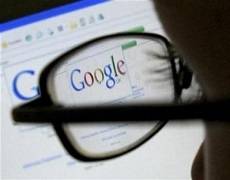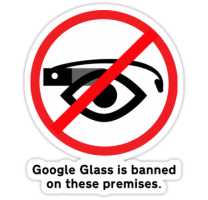February 13, 2014
No pay rise for a while? Get used to it, says the CIPD
 The Chartered Institiute of Personnel and Development has today released a report analysing the most sustained and severe fall in real wages since at least the Second World War, and warns that the decline will not be reversed until there is a substantial improvement in the UK’s productivity. The report is accompanied by new survey data showing many employees expect pay rises in 2014 to be below inflation – a repeat of their experience in 2013. ‘Have we seen the end of the pay rise?‘, which is the third in a series of four Megatrends surveys exploring the future of work and the economic challenges which lie ahead, examines the effects of average weekly earnings that are now between 7.8 percent and 10.2 percent lower in real terms than they were five years ago, in January 2009, leading to a sustained squeeze on household finances.
The Chartered Institiute of Personnel and Development has today released a report analysing the most sustained and severe fall in real wages since at least the Second World War, and warns that the decline will not be reversed until there is a substantial improvement in the UK’s productivity. The report is accompanied by new survey data showing many employees expect pay rises in 2014 to be below inflation – a repeat of their experience in 2013. ‘Have we seen the end of the pay rise?‘, which is the third in a series of four Megatrends surveys exploring the future of work and the economic challenges which lie ahead, examines the effects of average weekly earnings that are now between 7.8 percent and 10.2 percent lower in real terms than they were five years ago, in January 2009, leading to a sustained squeeze on household finances.

























January 6, 2014
The nine enduring workplace tensions to keep an eye on in the year ahead
by Mark Eltringham • Comment, Facilities management, Flexible working, Public Sector, Technology, Workplace